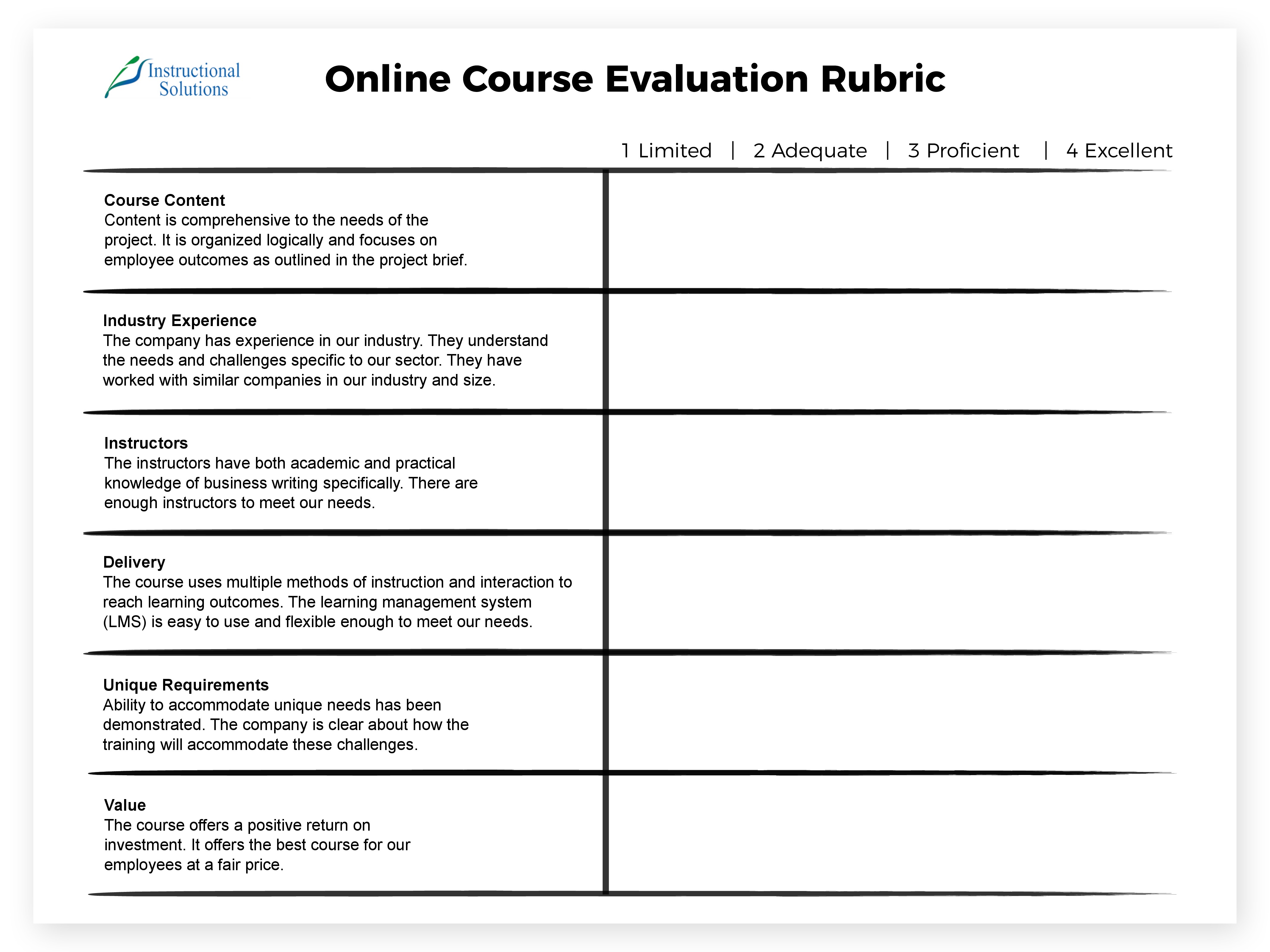Save Time: Get 5 Simple Writing Tips
you can put to use in 10 minutes
Writing Courses: How to Choose One That's Right For You
Award-winning writer Kathy Widenhouse has helped hundreds of nonprofits and writers produce successful content , with 750K+ views for her writing tutorials. She is the author of 9 books. See more of Kathy’s content here.
Updated 9.5.24
Writing courses provide the opportunity to develop your writing skills. You can also take a course to learn how to write in a new genre.
No longer must you be enrolled in a college program to take a course in writing. Oodles of courses are available in a variety of venues and in an endless array of formats.
Assuming you have limited time and cannot take every course that comes your way, how do you know which ones to choose?
Consider these 4 elements.
1. The Course Content
The first step to choosing a course is to identify what skill you want to acquire or kind of project you want to learn about. This sounds simple, yet it requires a realistic assessment of how you already write and a basic understanding of the range of writing projects out there.
Writing courses tend to fall into one of two categories.
- Writing mechanics: courses that teach a particular writing skill, such as writing an effective lead or marketing your writing services.
- Writing projects: courses that teach how to construct a specific project, such as writing a web page or writing a resume.
To choose a course, choose one.
2. The Course Description
“Writing courses” is a broad term. A sample listing of online and live classes can include basic copywriting, screenwriting, play writing, creative writing methods, journaling, writing a press release, writing for the web, writing for social media, writing well, writing a resume, writing a sales letter, writing for beginners, writing a book proposal, writing an e-book, writing a CV, medical writing, technical writing, legal writing, writing poetry, writing reviews, writing for catalogs, writing a business plan, writing a web site home page, writing direct response copy, writing a fundraising letter, writing devotionals, writing lesson plans, writing an outline, writing cover letters …
You get the idea.
Look at the description of the course in question. It should outline specific objectives (after all, it’s a writing class … right?) and give you a clear idea about what information you’ll learn or skills you’ll acquire by taking it. Compare what you know you need to learn about with the course description. If they match up, then you may want to consider taking the course.
3. The Course Venue
Live courses and online courses: each has its advantages and drawbacks.
Live courses
A live course gives you immediate access to the instructor, so you can ask questions and get feedback right away. Often a live setting offers a small enough class size for discussions and peer critiques.
One drawback to live writing classes is convenience. You must attend the class when it is in session – which may or may not fit your schedule.
If you enjoy camaraderie in a live setting and scheduling is not an issue then consider a live class.
Online courses
Online courses run the gamut in offerings, from one-time webinars to a series of in-depth lectures and assignments that lead to college credit or professional certification. Some online courses require you to log in at a certain time using online chat as a means of discussion. Others are taken in sequence, to be completed within a certain time frame. Still others are self-paced.
One advantage of online courses is access. If you have the use of a computer or mobile device with proper system requirements, you can take the course, regardless if you live close to the instructor or the venue. A potential disadvantage is isolation, which fosters anonymity and prevents accountability. You may not feel connected to your instructor or classmates and not keep up with assignments or fail to get answers to your questions.
If you work well independently, an online course is a good choice for you. And if you need to take your courses after work, before work, on the weekends, or when the kids are in bed, online courses are a good option, too.
4. The Course Format
 Use this rubric from Instructional Solutions to evaluate a writing course. Download your own copy here.
Use this rubric from Instructional Solutions to evaluate a writing course. Download your own copy here.Check carefully to see if a course is in a passive format or interactive format. There is a big difference.
A passive format simply presents information about writing that you can read or listen to, as in a lecture, e-book, video, or series of helpful web pages. It is a helpful option if you want to learn about a particular kind of project, but not necessarily a good choice if you are working on acquiring a new skill – which takes practice.
An interactive format, too, presents information about
writing, but then guides you to putting that information into practice with
exercises. This approach is practical. You learn about the skill or project and
then learn to use it.
Some interactive formats go further offering instructor feedback, peer feedback, or even the definitive grades and certification for credit.
(Check out more info about choosing a course from Instructional Solutions and use their nifty rubric shown here.)
Choosing Writing Courses: The Bottom Line
Identify what you hope to gain from a writing course. Then you can choose course content, venue, and format wisely … for your best purposes.
More Writing Resources
Should You Create an Online Course? Yea or Nay ...
The 20-Minute Blogger: Take a Writing Course That Saves Time ...
Free Online Micro-Course: Why Build Your Blog?
Getting Started Writing Devotionals: A Free Mini-Course ...
Full-Length Course: Writing Devotionals That Stick ...
Review: Conversational Copywriting - an Online Writing Course ...
Review: Free Online Writing Course - Netwriting Masters Course ...
8 Books for Freelance Writers ...
Return from Writing Courses: How to Choose One That's Right for You to Nonprofit Copywriter home
As an Amazon Associate I earn from qualifying purchases.
Share This Page

Named to 2022 Writer's Digest list
BEST GENRE/NICHE WRITING WEBSITE


Stop Wasting Time!
Grab your exclusive FREE guide, "5 Simple Writing Tips You Can Put to Use in 10 Minutes or Less"












